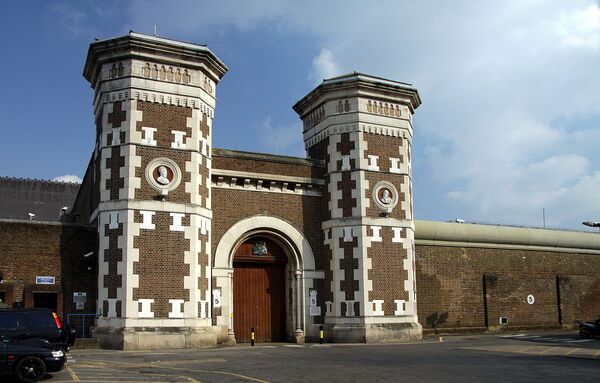The bill gives the UK Secretary of State the power to give any postal and telecommunications operator a "technical capability notice," on behalf of police, security and intelligence agencies and the armed forces, which requires any relevant operator to "take all the steps specified in the notice for the purpose of complying with those obligations."
After receiving the notice, the person providing the postal or telecommunications service must comply with the order, and then keep it a secret. If they don't comply, they could go to prison.
"A person to whom a relevant notice is given, or any person employed or engaged for the purposes of that person’s business, must not disclose the existence and contents of the notice to any other person," the draft bill continues.
George Danezis, an associate professor in security and privacy engineering at University College London, told Arstechnica that the Investigatory Powers Bill would make it a criminal offence, punishable with up to 12 months in prison and/or a fine, for anyone involved to reveal the existence of a "technical capability notice," also known as a 'backdoor.'

Called an 'Internet Connection Record,' the power allows the police to identify which communications services a person or device has connected to, and forces ISPs to hold this information about their users for a year.
Responding to privacy concerns voiced ahead of the Bill's publication, May said that law enforcement agencies "would not be able to make a request for the purpose of determining – for example – whether someone had visited a mental health website, a medical website or even a news website."
Your web records are not like "an itemised phone bill," they're like a list of every book you've ever opened. #SnoopersCharter
— Edward Snowden (@Snowden) 4 ноября 2015
Calling it the "modern equivalent of an itemised phone bill," the Home Secretary declared the 'Internet Connection Record "a record of the communications service that a person has used, not a record of every web page they have accessed."




